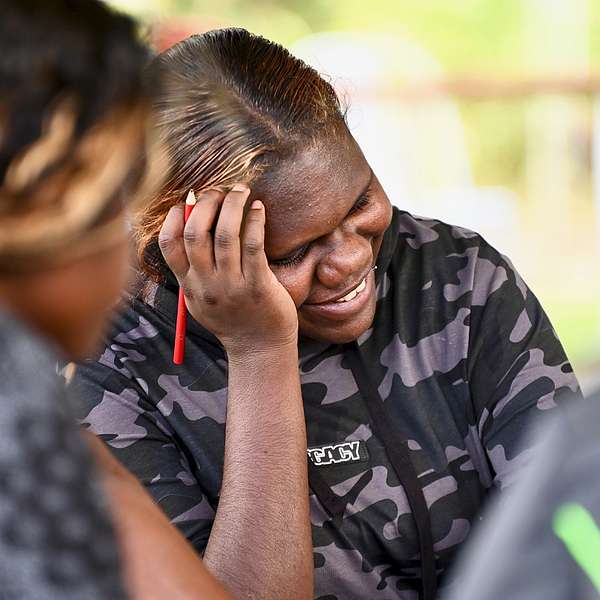
Time to Listen
Time to Listen
The Last Refuge for Education | The Cape York Girl Academy - with Shoba Kalos and Baressa Frazer
"The Girl Academy can perhaps act as a microcosm of how things can work [in Indigenous education]. There needs to be a systemic redesign of how we [Australia] are educating; in particular, how young Indigenous people are seeing themselves in the education system. We need to ask: are they identifying with the signs, the symbols and the talk of what it means to be Indigenous in this country? That may then begin to answer a question that our education systems are just not seeing."
Imagine if your identity and personal context was overlooked day after day, to the point where you naturally became completely disengaged with the circumstances that refused to acknowledge you for who you are. Then imagine you were regarded as a problem, a delinquent, or failing because you refused to indulge the ignorance. Now imagine you're a child, alone.
In this episode of Time to Listen, we are joined by Shoba Kalos and Baressa Frazer, the former and current principals, respectively, of the Cape York Girl Academy. The Girl Academy, as it is commonly known, is a refuge for young Indigenous women who, for various and personal reasons, have previously become disengaged with the prospect of an education.
The Girl Academy harbours a unique, holistic and effective curriculum that not only brings its female students back into the fold of learning, but restores their confidence in their ability to learn.
Segmented into two parts, we first speak with Shoba, who talks about the history of the Girl Academy, how its curriculum and structure of learning came to be and evolve, and the environments from which its students are drawn. Shoba also gives an insightful and judicious perspective on the real reason that the gaps in education are not closing between Indigenous and non-Indigenous students.
We then speak with Baressa, who talks about her personal experiences as an Indigenous student, and now an educator. Baressa addresses the not-so-apparent barriers that young Indigenous people, especially women, are experiencing, and how these barriers can be re-framed to better understand the perspectives of First Nations people. She also talks about her value for First Nations languages, and her vision for the Girl Academy in 2021.
Thank you for taking the time to listen.
---------------------------------------------------------------------------
To find out more about the Cape York Girl Academy: https://capeyorkpartnership.org.au/our-partnership/cape-york-girl-academy/